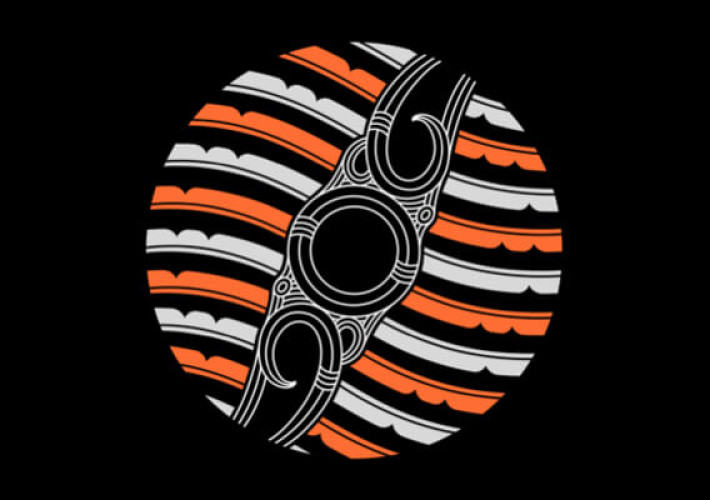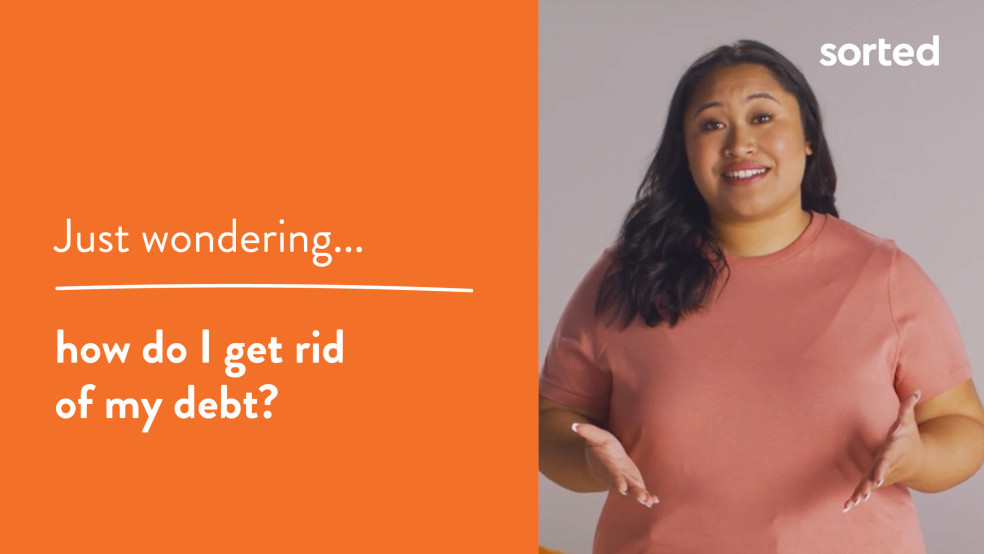
Planning & budgeting
Saving & investing
KiwiSaver
Tackling debt
Protecting wealth
Retirement
Home buying
Life events
Setting goals
Money tracking
Plan your spending with a budget
Getting advice
Studying
Get better with money
What pūtea beliefs do you have?
How to build up your emergency savings to cover unexpected costs
How to save your money
How to start investing
Find a financial adviser to help you invest
Your investment profile
Compound interest
Net worth
Types of investments
Term deposits
Bonds
Investment funds
Shares
Property investment
How KiwiSaver works and why it's worth joining
How to pick the right KiwiSaver fund
Make the most of KiwiSaver and grow your balance
How KiwiSaver can help you get into your first home
Applying for a KiwiSaver hardship withdrawal
How to use buy now pay later
What you really need to know before you use credit
How to get out of debt quickly
Credit reports
Know your rights
Pros and cons of debt consolidation
Credit cards
Car loans
Personal loans
Hire purchase
Student loans
Getting a fine
What happens if I start to struggle with moni?
How to protect yourself from fraud and being scammed
About insurance
Insurance types
Insuring ourselves
Wills
Enduring powers of attorney
Family trusts
Insuring our homes
Losing a partner
Redundancy
Serious diagnosis
How to cope with the aftermath of fraud
Separation
About NZ Super – how much is it?
When you’re thinking of living in a retirement village
How to plan, save and invest for retirement
Manage your money in retirement
Find housing options in retirement
Four approaches to spending in retirement
Planning & budgeting
Saving & investing
How to build up your emergency savings to cover unexpected costs
How to save your money
How to start investing
Find a financial adviser to help you invest
Your investment profile
Compound interest
Net worth
Types of investments
Term deposits
Bonds
Investment funds
Shares
Property investment
View all
KiwiSaver
Tackling debt
How to use buy now pay later
What you really need to know before you use credit
How to get out of debt quickly
Credit reports
Know your rights
Pros and cons of debt consolidation
Credit cards
Car loans
Personal loans
Hire purchase
Student loans
Getting a fine
What happens if I start to struggle with moni?
View all
Protecting wealth
Retirement
Home buying
Reading time: 4 minutes

We have a bit of a “she’ll be right” belief here in Aotearoa, and for the most part that’s true. But sometimes we can find ourselves in situations where we can’t quite see a way out and that can feel a bit overwhelming – especially when it comes to money.
This is where making a pūtea plan as soon as possible when you start having some moni coming in is really important.
We live in a society where everything is geared to get us to spend moni on the latest and greatest thing. Got an event coming up? There’s a feeling like you need new gears to make sure you look good as.
And with things like buy now pay later loans or a kāri taurewa, the shops make it easy to buy whatever you want without really thinking about if you need it or if you’ll be able to pay for it.
Buy now pay later schemes like Afterpay, Zip or Humm are particularly tricky, because they actively encourage you to get the thing you really want now, even if you don’t have the money for it. They also start to charge you extra if you can’t pay back the additional money you owe when the time comes to pay them back in a week or so.
The danger with this is now the thing you wanted that was advertised as four easy $20 payments is actually $80 in total. If you don’t make a utu harangotengote on time, you get charged a default fee that was hidden somewhere in the fine print – which you probably didn’t read cause you were in the shop trying to buy the thing you wanted!
Here’s our guide to using buy now pay later to help you navigate it safely.
Then there are those subscriptions and memberships we’ve signed up to; Netflix, Spotify, the gym. None of these by themselves feel pricey, but over a year they really add up! The cheapest Netflix subscription still costs $156 a year.
- Erena, 22

You can get yourself into a situation where there is essentially a bad mark against your name, called a low credit rating. This acts a bit like a red traffic light for you when you want to borrow – but unlike stopping the flow of traffic it stops the flow of money.
Worse still, it can affect some of the decisions you might want to make in the future. For example, if at some stage you want to rent a house, or mino money to buy a house, lenders will want to check to see your history with money before you can progress.
So, before you buy that new pair of shoes, or head out for a night on the town, or click ‘buy’ online for another T-shirt, take a quick moment to ask yourself if this is something you really need. Do you have enough money already saved up for it? Here’s more about how credit scores work.

If you’re still really struggling and can’t find anybody you trust to speak to, we recommend you connect with some of the pretty helpful people at an organisation called MoneyTalks.
They run a free helpline to tautoko people and help to make pūtea plans.
Guide
Credit cards are an easy way to pay for things with a quick swipe or tap, but they can be…

Guide
People use personal loans to pay for all kinds of things – weddings, renovations, holidays or consolidating their debts. They’re…

Guide
Buy now pay later can be a helpful way to spread out the cost of something over time with no…

Guide
The longer we take to pay off debt, the more it costs us. So if there’s room in the budget,…

Guide
With an HP we can take home a product and use it while we’re paying it off. It can seem…

Guide
We’re getting identified more and more by our credit reports these days. When businesses decide whether to lend us money,…

Guide
Understanding your rights as a consumer and as an investor can make a big difference should things go pear-shaped.

Guide
Borrowing to study can be a great opportunity, although it’s important not to borrow more than we need.

Guide
‘Consolidating’ debt means taking out a new loan to wrap all our existing debts together and pay them off at…

Guide
Debt comes in many forms – credit cards, hire purchase, car loans, personal loans, mortgages, student loans. There's no shortage…

Use verification code from your authenticator app. How to use authenticator apps.
Code is invalid. Please try again
Don't have an account? Sign up
Or log in with our social media platforms


A free account gives you your very own space where you can save your tools and track your progress as you get ahead.
Or sign up using Google:



